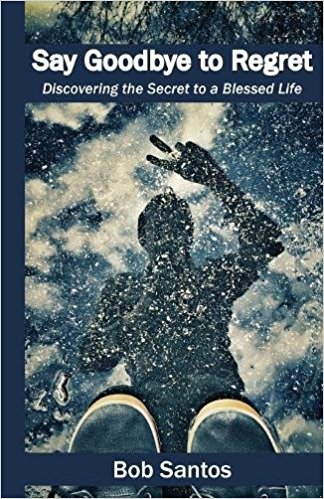
(Photo Credit: Elllo)
After learning that students are intentionally plagiarizing my piece, “Malcolm X’s ‘The Ballot or the Bullet’: A Summary,” I immediately thought about my intellectual property rights are being violated. This, of course, arms me with the power to pursue legal actions against those guilty of intellectual property infringement (namely, copyright infringement). The work I produce at Revolutionary Paideia is copyright-protected. To use it, therefore, one must give proper credit when quoting and paraphrasing material on the site—as one must do when using any source. When they stole the content, which that’s what plagiarism is—theft, academic theft, a statement about copyright and citing content on the site was present—as it has always been.
Although I have no intention to take legal action against the students, I urge them to engage in more ethical and responsible conduct in the future. Academic dishonesty can cause you to fail an assignment, fail a course, face expulsion and legal actions, and more unfavorable consequences. Let this incidence of plagiarism serve as a true learning experience. Technology has become so sophisticated that it can help teachers to identify the sources you plagiarize. When you plagiarize, therefore, you’re wasting your time: your teachers will discover your academic theft.
Instead of attempting to deceive your teacher, devote your energies to becoming effective writers. Think of yourselves as writers. While no one is expecting you to compose breathtaking prose like James Baldwin and Ta-Nehisi Coates, we do expect you to pen your own ideas in your own voice. When you settle for plagiarism, you settle for being a cheap copy. Don’t be afraid of your own writing and your own voice. The world needs to read and hear your original thoughts; it already has an opportunity to read and hear mine.
In my over 16 years of teaching writing at the middle and high school and undergraduate and graduate levels, I have found that students who plagiarize lack confidence in themselves and their writing. Although those teaching writing, including myself and your instructor, must work harder to assist students in developing into more skilled, more confident writers, this does not excuse you from committing academic fraud. Do you really want to be a fraud? Hopefully not.
Use this period in your academic life to experiment with writing. Write without pressure. Yes, learn the fundamentals of writing, such as the stages of the writing process, grammar, mechanics, and word usage; however, don’t be afraid to complete your assignments honestly. Writing is challenging. Even Nobel Prize Laureate Toni Morrison, author of fictional classics like The Bluest Eye, Sula, and Beloved, posits that attempting to formulate the right language to express one’s thoughts is difficult. If writing is hard for Morrison, then, of course, it’s going to be hard for you.
In Malcolm X’s “The Ballot or the Bullet,” he encourages his audiences, especially his black and other ethnic minority audiences, to resist fear, including the fear of what others will think of you when you do the right and difficult thing. You had an opportunity to complete your assignment without fear but you surrendered to fear. Why? Because you believed your teacher would reject your own responses to X’s speech. If she would have rejected your responses, so what! Brother Malcolm let us know in the speech that you should stand for truth—even in the face of opposition. If you would have received a less than desirable grade, so what! At least you would have submitted your truth. Unfortunately, you submitted a lie.
Minority students, especially black students, are already expected by many white teachers (and professors) to perform poorly and in dishonorable ways. Don’t prove them right. When you use a source like my summary of X’s speech, let it fill in gaps in your knowledge but don’t submit my work or someone’s else work as your own.
By submitting a plagiarized piece to your teacher, you failed Malcolm X, your teacher, your parents, and, most importantly, yourself. You will never experience genuine success being a cheater. When you cheat, you cheat yourself.
To your teacher, I implore you to give your students another opportunity to engage with this work or another work of Malcolm X, and allow them to express themselves freely, offering them an opportunity to gain more experience and confidence employing their own voices. As educators, we need to explore more deeply the factors that lead our students to plagiarize and work tirelessly to eliminate those factors.
Let’s all commit to do better and truly honor the legacy of Malcolm X, a legacy grounded in truth and justice.
Dr. Antonio Maurice Daniels
University of Wisconsin-Madison


